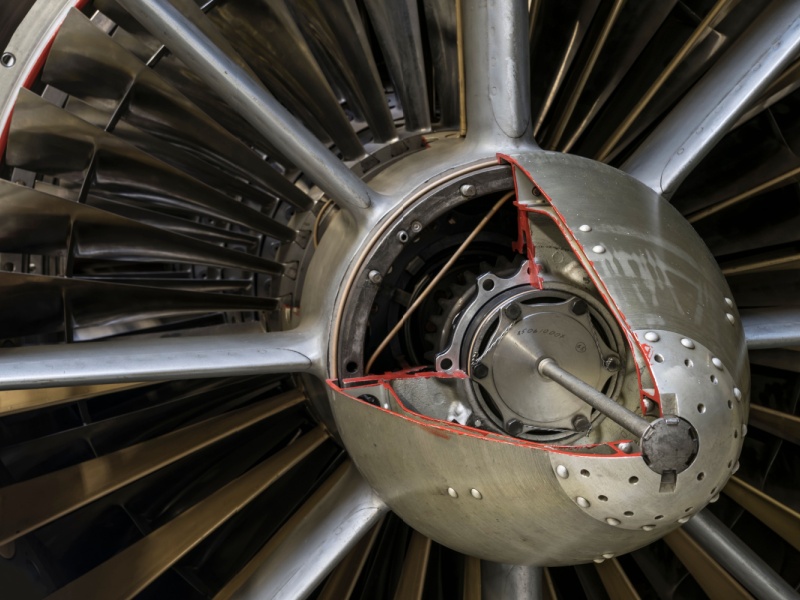ISO 9001 to AS9100 Gap Analysis Guide
Download our AS9100:2016 Gap Analysis Guide to discover the major additional requirements found in AS9100 as compared to ISO 9001.

In the complex world of aerospace quality management, consistency and reliability are crucial. Two quality management standards that often come up are AS9100 and AS9120. Both are part of the AS91XX series, which are designed to meet the stringent requirements of the aerospace industry. But what's the difference between AS9100 vs AS9120? This article will clarify the differences and help quality management professionals understand which standard aligns best with their operational needs.
AS9100 is the standardized quality management system (QMS) for organizations in the aerospace sector. It is an extension of ISO 9001, including additional requirements specific to aerospace. AS9100 applies to organizations that design, develop, or produce aerospace products; it also covers post-delivery support and maintenance.
AS9120, on the other hand, is aimed specifically at distributors in the aerospace industry. It builds upon ISO 9001 but focuses on requirements pertinent to stock and distributors—businesses that procure parts and other products for resale. AS9120 doesn't apply to companies involved in production or service activities.
Understanding the distinction between AS9100 vs AS9120 boils down to their scope and application within the aerospace industry:
For aerospace enterprises, selecting the right standard depends on the nature of their operations. Manufacturers who design and produce aerospace components should consider implementing AS9100 to ensure comprehensive quality management. Conversely, distributors who focus on the procurement and resale of parts might find AS9120 more aligned with their operational needs.
Both AS9100 and AS9120 play crucial roles in maintaining high standards in the aerospace industry, each catering to different segments of the supply chain. Understanding their differences helps quality management professionals ensure compliance and excellence in their operations. If you're still uncertain which standard best suits your organization, consulting with a qualified quality management expert can provide tailored guidance.
For more insight into AS9100 vs AS9120, or for those looking to enhance their expertise in aerospace quality management, engaging with industry leaders and professionals can provide invaluable insights and assistance. Consider attending workshops or conferences to keep abreast of the latest developments in aerospace quality standards.
To learn more about AS9100 or AS9120, contact us to speak with our experts. Or if your ready to get started with AS9100 or AS9120 certification - request a quote, today.